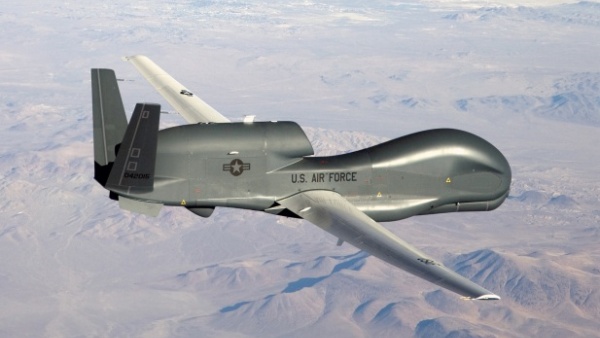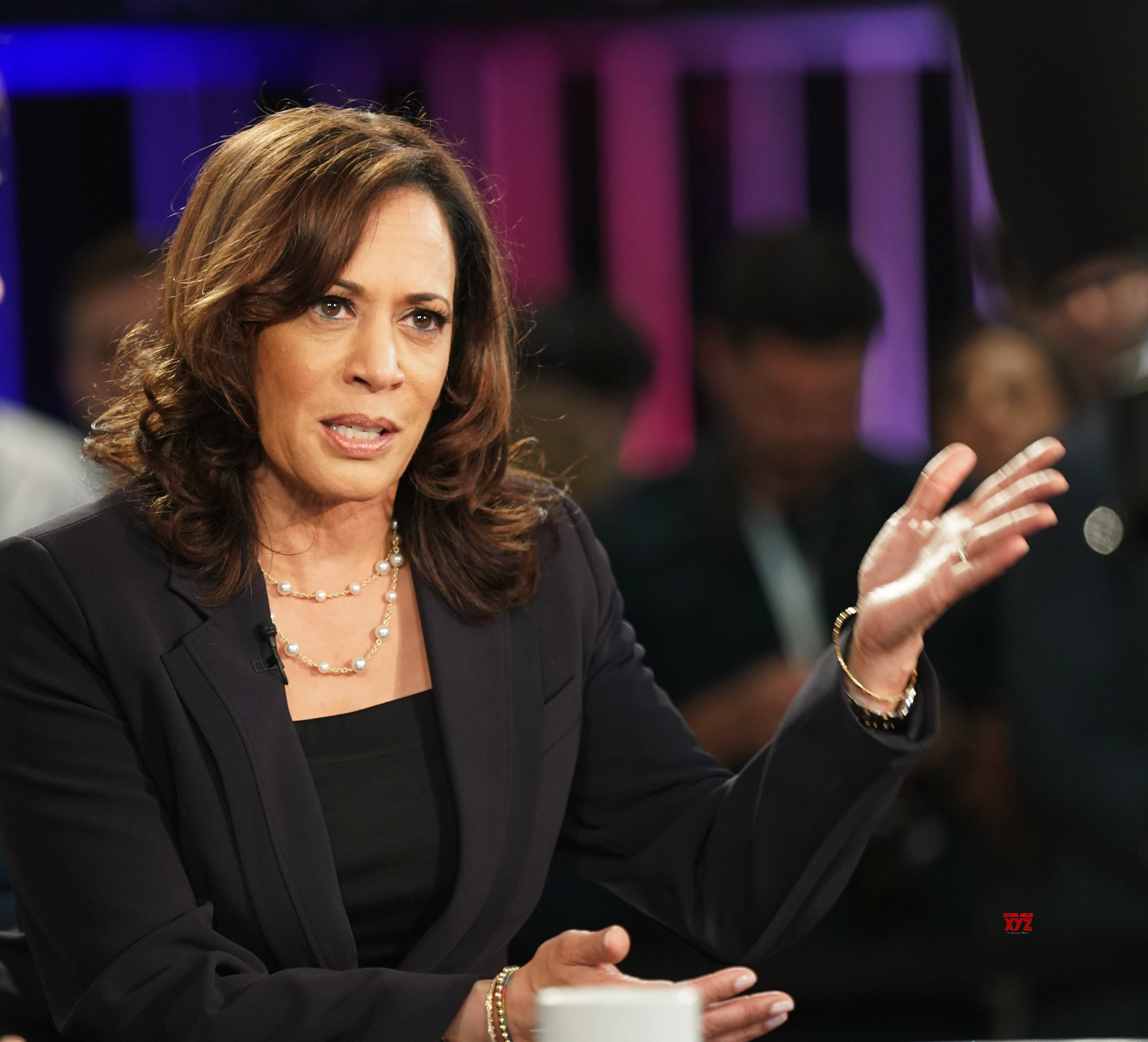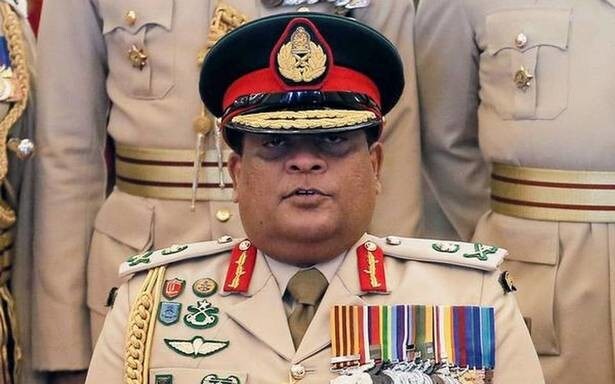 WASHINGTON: Declaring India a “Major Defense Partner” opens the door for increased mutual cooperation as India and the US have convergence of interests on a range of issues like maritime security, domain awareness, counter-piracy and counter-terrorism, a senior Pentagon official has said.
WASHINGTON: Declaring India a “Major Defense Partner” opens the door for increased mutual cooperation as India and the US have convergence of interests on a range of issues like maritime security, domain awareness, counter-piracy and counter-terrorism, a senior Pentagon official has said.
The US recognized India as a “Major Defense Partner” in 2016, a designation that allows India to buy more advanced and sensitive technologies from America at par with that of the US’ closest allies and partners, and ensures enduring cooperation into the future.
India and the US are natural partners across a range of political, economic and security issues, Assistant Secretary of Defense, Asian and Pacific Security Affairs Randall Schriver said while testifying before a Senate Foreign Relations Committee’s Subcommittee.
“In 2016, the United States declared India a ‘Major Defense Partner’, which opens the door for increased cooperation on a range of defense issues, most notably defense trade and technology,” Schriver told the sub-committee on East Asia, the Pacific and International Cybersecurity Policy yesterday.
With a mutual desire for global stability and support for a rules-based international order, India and the US have an increasing convergence of interests, including maritime security and domain awareness, counter-piracy, countering terrorism, humanitarian assistance, and coordinated responses to natural disasters and transnational threats, he said.
“Our partnership extends beyond the Indo-Pacific region as well, and as we implement our South Asia Strategy, we welcome India’s continued civilian contributions to stability and reconstruction in Afghanistan,” the official said.
Alex Wong, the Deputy Assistant Secretary of State for East Asian and Pacific Affairs, told members of the sub-committee that in the first year, the Trump administration initiated new efforts to support free and open border in the Indo-Pacific region.
These include new energy and infrastructure partnerships with Japan and India; the delivery of a Coast Guard cutter to Vietnam; strengthened cyber cooperation with Australia, Japan, Indonesia, New Zealand, Singapore, South Korea, and Vietnam; the first US-India Counter-terrorism Designations Dialogue; an effort to speed foreign military sales to US partners.
As the US pursues its Indo-Pacific strategy, a number of countries in the region are pursuing similar strategies.
“If you look at India’s Act East policy, South Korea’s New Southern policy, Japan’s Free and Open Indo-Pacific Strategy, Taiwan’s New Southbound policy and Australia’s Foreign Policy Whitepaper, they are all seeking to expand ties throughout the Indo-Pacific and in particular with the nations of Southeast Asia and ASEAN,” Wang said.
As these strategies overlap with that of the US, he said, they’ll form a strong free and open fabric that knits the region together, preserves sovereignty and promotes prosperity.
“This is a vision the US has long advanced in the Indo-Pacific, and one we believe will continue to reap benefits in terms of stability and prosperity,” Wang added.PTI






